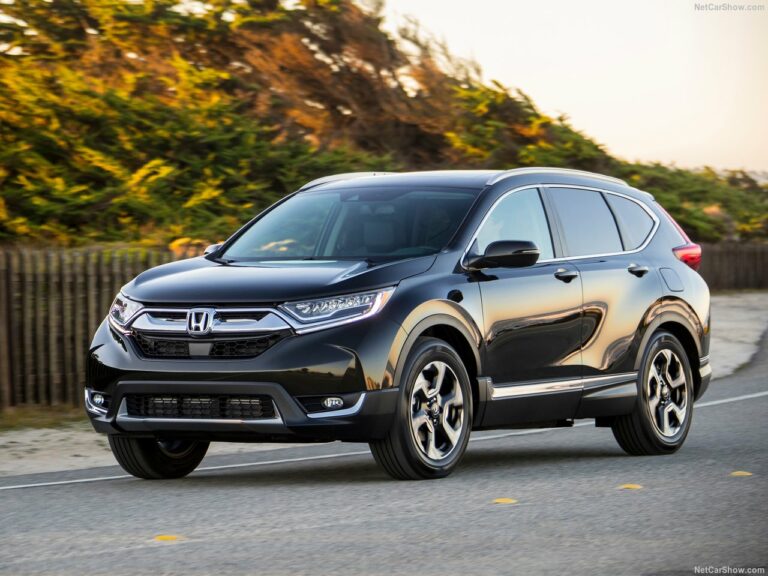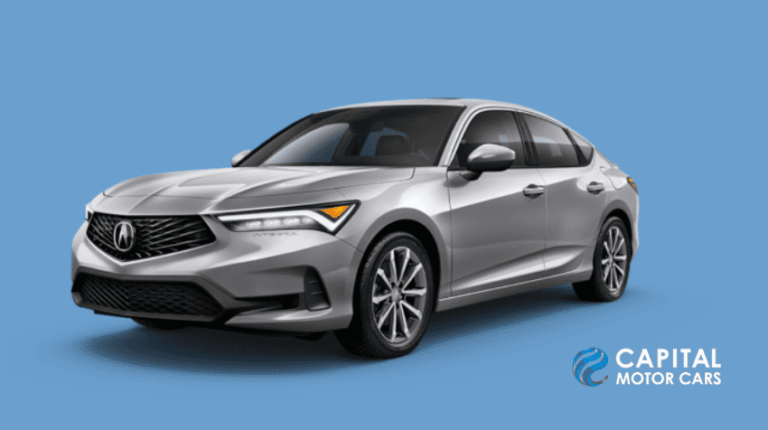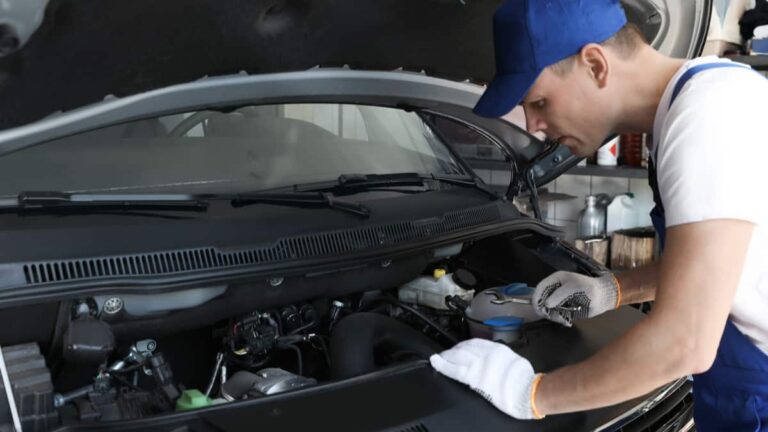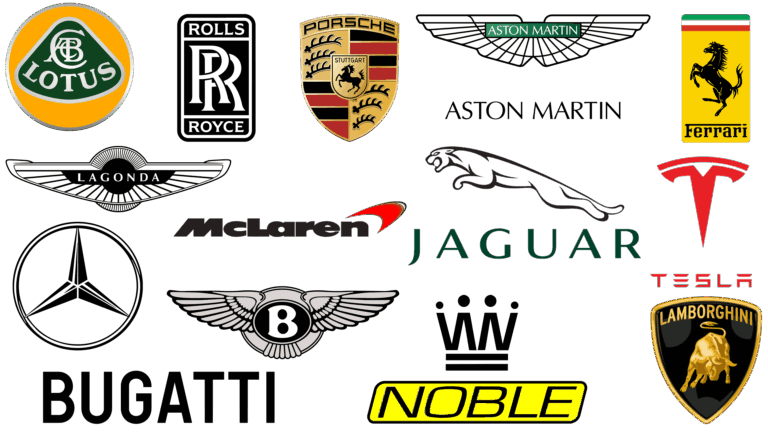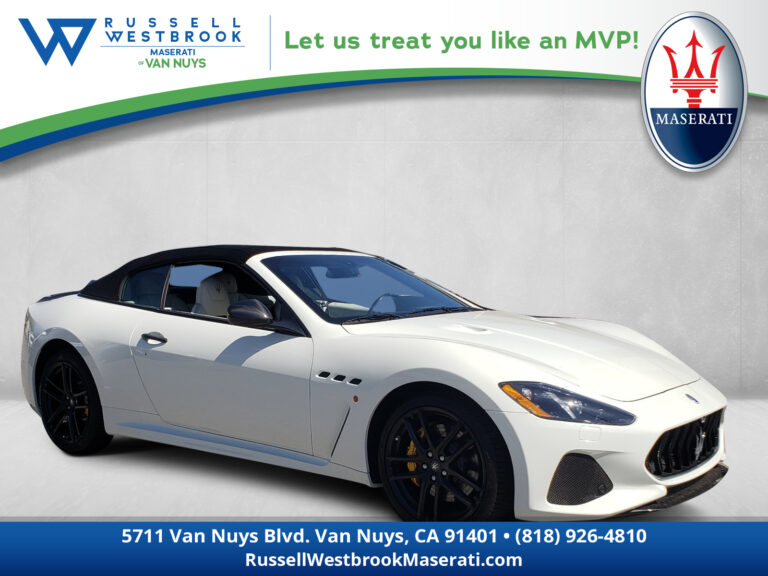German Car Brands: A Legacy of Engineering Excellence and Innovation
German Car Brands: A Legacy of Engineering Excellence and Innovation cars.truckstrend.com
For over a century, German car brands have stood as a global benchmark for automotive engineering, luxury, performance, and innovation. From the bustling autobahns to the world’s most prestigious showrooms, vehicles bearing the iconic emblems of Mercedes-Benz, BMW, Audi, Volkswagen, and Porsche represent a profound commitment to precision, quality, and driving pleasure. These brands are not merely manufacturers; they are custodians of a rich heritage, continually pushing the boundaries of what’s possible on four wheels. This comprehensive guide delves into the essence of German automotive prowess, exploring its defining characteristics, the key players, the ownership experience, and the exciting future ahead.
The Pillars of German Automotive Excellence
German Car Brands: A Legacy of Engineering Excellence and Innovation
The landscape of German car brands is dominated by a few major players, each with its distinct philosophy and market positioning. While many smaller manufacturers and specialized tuners exist, the following five brands collectively embody the core strengths and global appeal of German automotive engineering.
Mercedes-Benz: The Epitome of Luxury and Pioneering Technology
Founded in 1926 from the merger of Daimler-Motoren-Gesellschaft and Benz & Cie., Mercedes-Benz is synonymous with luxury, comfort, and pioneering automotive technology. From the invention of the automobile itself by Karl Benz to modern innovations in safety, autonomous driving, and electric powertrains, Mercedes-Benz has consistently led the charge. Their vehicles, ranging from the opulent S-Class sedan to the versatile GLC SUV and high-performance AMG models, are renowned for their sophisticated interiors, serene ride quality, cutting-edge infotainment systems, and an unmistakable sense of prestige. Mercedes-Benz cars are often chosen by those who prioritize comfort, status, and advanced safety features.
BMW: The Ultimate Driving Machine
Bayerische Motoren Werke AG, or BMW, established in 1916, built its reputation on the philosophy of "Sheer Driving Pleasure" (or "The Ultimate Driving Machine"). BMW cars are celebrated for their balanced chassis, responsive steering, powerful engines, and rear-wheel-drive dynamics, offering an engaging driving experience that appeals to enthusiasts. While luxury and technology are integral, BMW places a strong emphasis on driver involvement. Their lineup spans from the agile 3 Series sedan to the commanding X5 SUV and the high-performance M models, all characterized by a sporty aesthetic and a driver-centric cockpit. BMW continues to innovate in electrification and connectivity, ensuring its vehicles remain at the forefront of performance and technology.
Audi: Progressive Luxury Through Technology
Audi, with roots tracing back to 1909, has carved out its niche through a commitment to "Vorsprung durch Technik" – "Progress through Technology." Known for its sophisticated design language, quattro all-wheel-drive system, and meticulously crafted interiors, Audi offers a blend of understated luxury and cutting-edge innovation. Their vehicles are often characterized by sleek lines, advanced LED lighting, and intuitive infotainment systems, particularly the Virtual Cockpit. From the compact A3 to the executive A8, and the performance-oriented RS models, Audi provides a refined and technologically advanced driving experience. The brand has also been a leader in automotive lighting and digital integration.
Volkswagen: The People’s Car, Redefined

Volkswagen, founded in 1937 with the aim of producing an affordable car for the masses (the iconic Beetle), has evolved into one of the world’s largest and most diverse automotive groups. While it owns luxury brands like Audi and Porsche, the Volkswagen brand itself remains dedicated to producing reliable, practical, and well-engineered vehicles for a broad market. Models like the Golf, Passat, and Tiguan are celebrated for their build quality, comfortable ride, and user-friendly technology. Volkswagen represents a more accessible entry point into German engineering, offering a balance of quality, efficiency, and everyday usability. The brand is also at the forefront of the electric vehicle revolution with its ID. family.
Porsche: Performance, Precision, and Heritage
Porsche, established in 1931 by Ferdinand Porsche, is synonymous with high-performance sports cars, unwavering precision, and a rich racing heritage. While perhaps the most specialized of the major German brands, Porsche’s influence on automotive engineering is immense. The iconic 911, along with models like the Boxster, Cayman, Panamera, and the successful Cayenne and Macan SUVs, are engineered for exhilarating performance without sacrificing everyday usability. Porsche vehicles are celebrated for their meticulous engineering, visceral driving experience, and exceptional build quality, making them a dream for driving enthusiasts worldwide.
What Defines German Engineering?
The allure of German cars stems from a set of core principles that underpin their design and manufacturing processes:

- Precision and Quality Craftsmanship: German engineering is globally renowned for its meticulous attention to detail and high manufacturing standards. Every component, from engine parts to interior trim, is designed and assembled with precision, resulting in vehicles that feel solid, well-built, and durable.
- Technological Innovation: German brands are consistently at the forefront of automotive technology. This includes advancements in engine efficiency, active and passive safety systems, sophisticated infotainment, autonomous driving capabilities, and pioneering electric vehicle platforms.
- Performance and Driving Dynamics: Whether a luxury sedan or a compact hatchback, German cars often prioritize a refined and engaging driving experience. This is achieved through optimized suspension tuning, powerful yet efficient powertrains, and responsive steering, delivering a balance of comfort and dynamic handling.
- Luxury and Comfort: Beyond performance, German luxury brands excel in creating sophisticated and comfortable interiors. High-quality materials, ergonomic design, advanced climate control, and noise insulation contribute to a premium cabin experience that often sets the standard for the industry.
- Durability and Reliability (with nuance): Historically, German cars have been praised for their long-term durability. While modern vehicles are increasingly complex, requiring specialized maintenance, the underlying engineering principles still aim for robust and reliable operation.
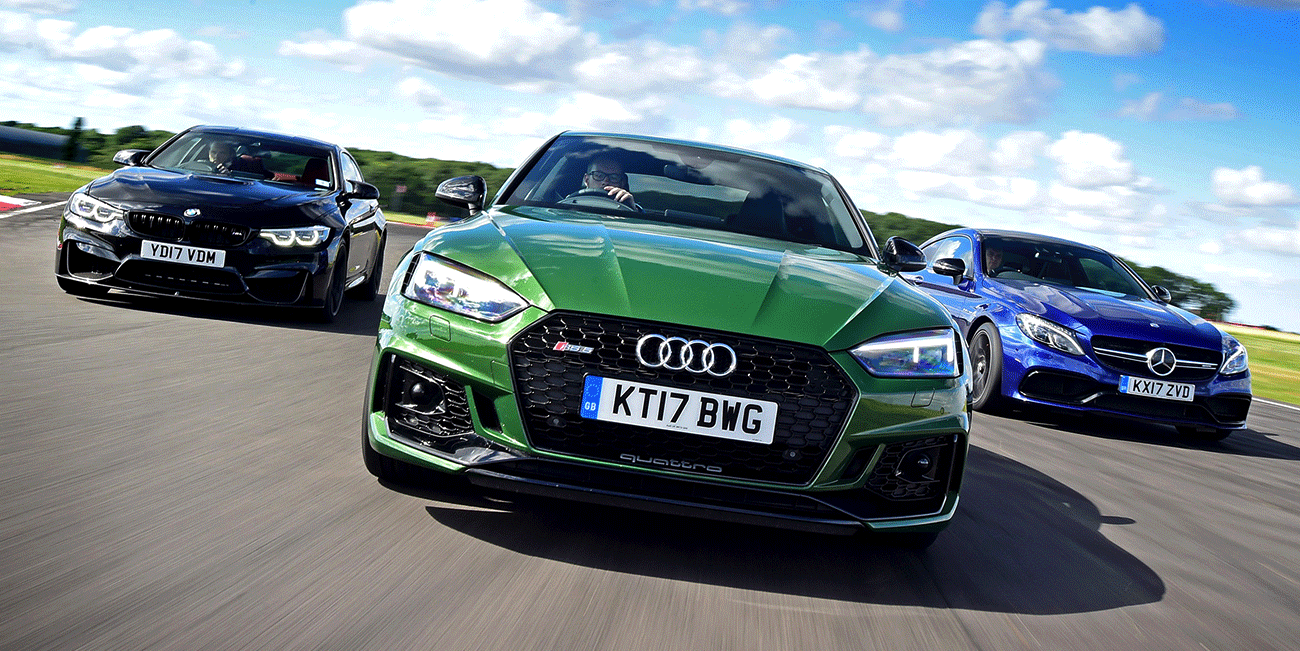
The German Car Ownership Experience
Owning a German car is often a source of pride and driving pleasure, but it comes with its unique set of considerations.
Benefits of Owning a German Car
- Driving Pleasure: The dynamic performance and refined ride quality often translate into an exceptionally enjoyable driving experience.
- Prestige and Status: Many German brands carry a significant amount of prestige, reflecting success and good taste.
- Advanced Features: Owners benefit from cutting-edge technology, safety innovations, and sophisticated infotainment systems.
- Strong Resale Value: Premium German brands often hold their value well, particularly if well-maintained.
- Safety: German manufacturers are pioneers in automotive safety, consistently achieving high ratings in crash tests.
Important Considerations and Potential Challenges
- Higher Initial Cost: German cars, especially the premium brands, typically have a higher purchase price compared to mainstream alternatives.
- Maintenance and Parts Costs: Due to their complex engineering and specialized components, servicing and parts can be more expensive than for non-luxury vehicles. Specialized tools and diagnostic equipment are often required.
- Complexity of Systems: While innovative, the advanced technology can sometimes lead to more complex diagnostic and repair processes.
- Fuel Requirements: Many performance-oriented German cars require premium-grade fuel.
Practical Advice for Prospective Buyers
- Define Your Priorities: Are you seeking ultimate luxury, thrilling performance, everyday practicality, or a balance of all three? Each German brand excels in different areas.
- Research Specific Models: Don’t just look at the brand; research individual models, their trim levels, and common issues. Owner forums and reputable automotive reviews are invaluable.
- Consider Certified Pre-Owned (CPO): A CPO program from a dealership can offer peace of mind, providing a warranty and a thoroughly inspected vehicle at a lower price point than new.
- Understand Total Cost of Ownership: Factor in not just the purchase price, but also insurance, fuel, and estimated maintenance costs. Get quotes for common service intervals.
- Test Drive Thoroughly: Spend ample time behind the wheel. Pay attention to comfort, driving dynamics, and the usability of the infotainment system.
- Find a Reputable Service Center: Whether a dealership or an independent specialist, ensure your chosen service provider has experience with German vehicles and access to the right tools.
Innovation and the Future of German Car Brands
The German automotive industry is not resting on its laurels; it’s actively shaping the future of mobility. Key areas of focus include:
- Electrification: All major German brands are heavily investing in electric vehicles (EVs). Mercedes-Benz has its EQ lineup, BMW its i-series, Audi its e-tron models, Volkswagen its ID. family, and Porsche the groundbreaking Taycan. The transition to electric powertrains is a central pillar of their future strategy.
- Autonomous Driving: Significant research and development are being poured into advanced driver-assistance systems (ADAS) and fully autonomous driving capabilities, promising safer and more convenient travel.
- Sustainability: Beyond electric powertrains, German manufacturers are increasingly focusing on sustainable manufacturing processes, responsible sourcing of materials, and reducing the environmental footprint of their entire value chain.
- Digitalization and Connectivity: Vehicles are becoming more integrated into our digital lives, with seamless smartphone integration, over-the-air updates, and sophisticated connectivity features enhancing the user experience.
Key German Car Brands: Overview and General Price Tiers
| Brand | Founded | Headquarters | Core Strengths | Typical Price Tier (New Models) |
|---|---|---|---|---|
| Mercedes-Benz | 1926 | Stuttgart | Luxury, Comfort, Innovation, Prestige | Premium to Ultra-Luxury |
| BMW | 1916 | Munich | Driving Dynamics, Sportiness, Technology | Premium to Luxury |
| Audi | 1909 | Ingolstadt | Sophisticated Design, Quattro AWD, Technology | Premium to Luxury |
| Volkswagen | 1937 | Wolfsburg | Practicality, Reliability, Diverse Range, Value | Mainstream to Premium |
| Porsche | 1931 | Stuttgart | Performance Sports Cars, Engineering Prowess | Luxury Performance |
Note: Price tiers are general indicators and can vary significantly based on model, trim level, options, and market conditions.
Frequently Asked Questions (FAQ) about German Car Brands
Q1: Are German cars reliable?
A1: Modern German cars are built with high-quality components and advanced engineering, making them generally reliable. However, their complexity can mean that when issues do arise, repairs might be more specialized and costly than for simpler vehicles. Regular, diligent maintenance is key to long-term reliability.
Q2: Why are German cars so expensive?
A2: The higher cost reflects several factors: extensive research and development, use of premium materials, advanced technology, meticulous manufacturing processes, and the strong brand equity built over decades. You are paying for precision engineering, performance, luxury, and safety innovations.
Q3: Which German car brand is best for luxury?
A3: Mercedes-Benz is often considered the benchmark for traditional luxury, emphasizing comfort, opulence, and a serene driving experience. Audi offers a more modern, tech-forward luxury, while BMW balances luxury with a sportier feel.
Q4: Which German car brand is best for performance?
A4: Porsche is unequivocally the leader for pure performance sports cars. BMW’s M division and Mercedes-Benz’s AMG division also produce incredibly high-performance vehicles across various body styles.
Q5: Is Volkswagen considered a luxury brand?
A5: No, the Volkswagen brand itself is generally considered a mainstream or premium mainstream brand, known for practicality and quality at a more accessible price point. However, Volkswagen Group owns several luxury and performance brands, including Audi, Porsche, Bentley, and Lamborghini.
Q6: What is the maintenance like for German cars?
A6: Maintenance for German cars typically involves specific service schedules and often requires specialized tools and diagnostic equipment. It can be more expensive than for non-luxury vehicles due to the cost of parts and labor. Following the manufacturer’s recommended service intervals is crucial for optimal performance and longevity.
Q7: Are German electric cars good?
A7: Yes, German electric cars are highly regarded. Brands like Porsche (Taycan), Audi (e-tron series), Mercedes-Benz (EQ series), and BMW (iX, i4) are producing some of the most technologically advanced, high-performance, and luxurious EVs on the market, combining German engineering prowess with electric powertrain innovation.
Conclusion
German car brands represent an enduring legacy of automotive excellence. Their commitment to precision engineering, relentless innovation, and a focus on the driving experience has cemented their position at the pinnacle of the global automotive industry. Whether you seek the ultimate in luxury, thrilling performance, or dependable everyday practicality, there is a German car designed to meet and exceed expectations. As the industry rapidly evolves towards electrification and autonomous driving, these iconic brands continue to lead the charge, ensuring that the spirit of German engineering will remain a driving force in shaping the future of mobility for decades to come.


